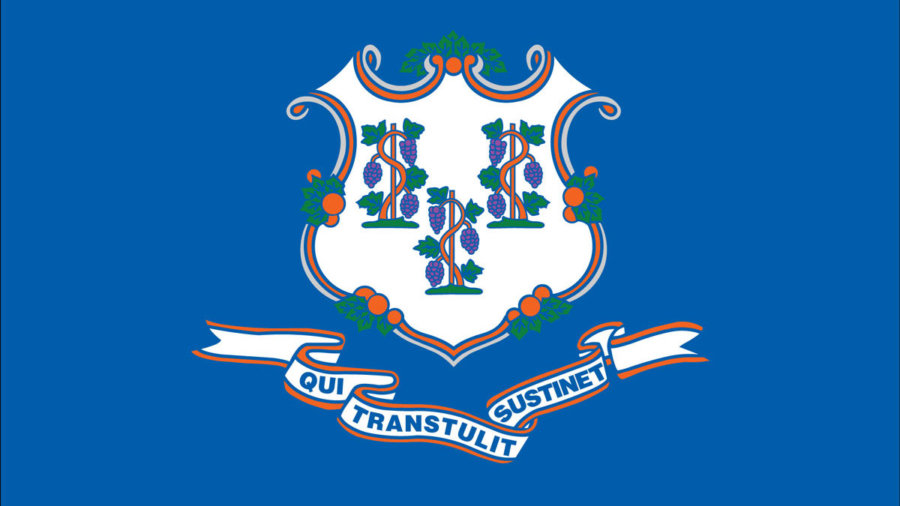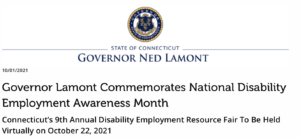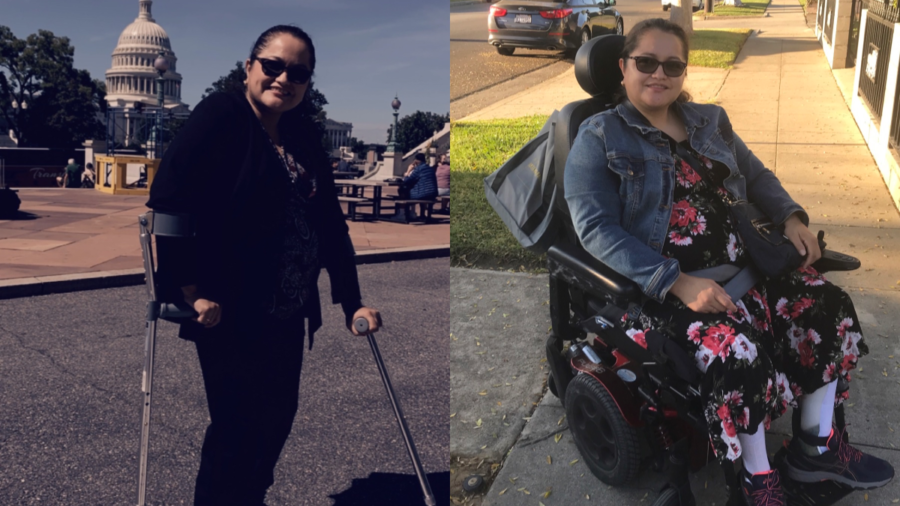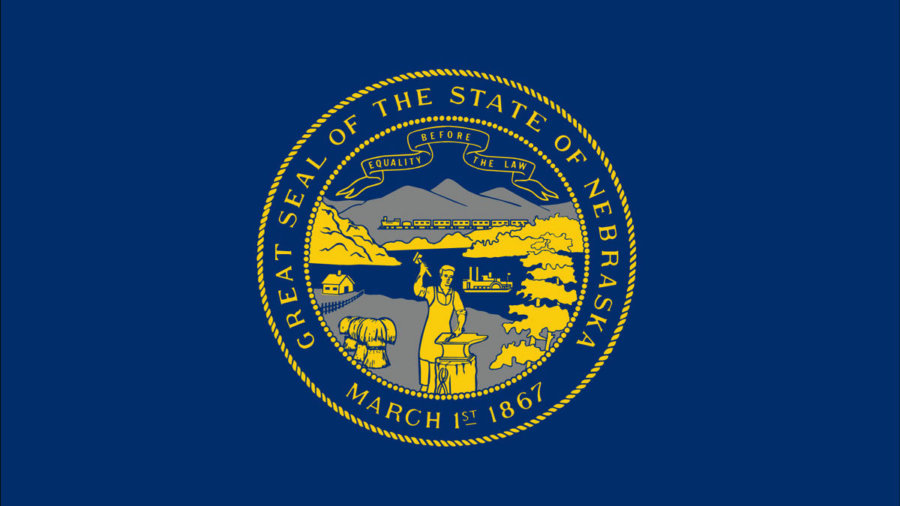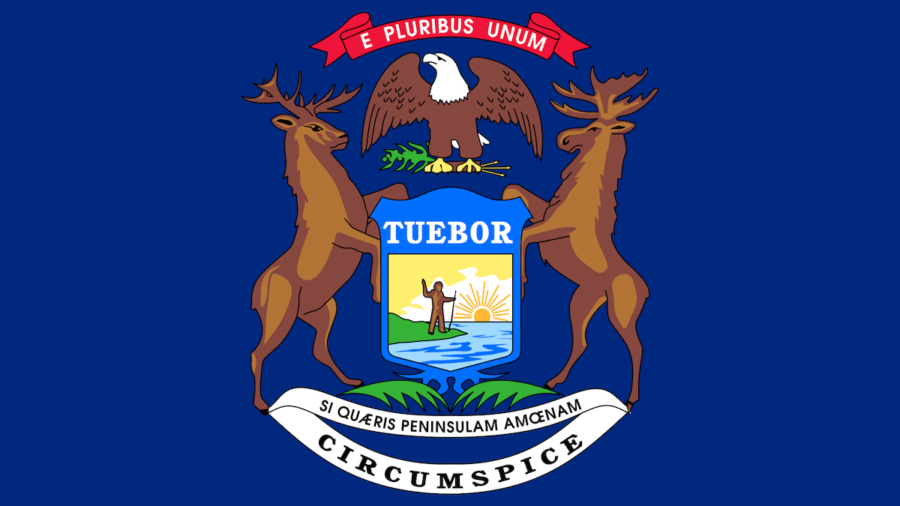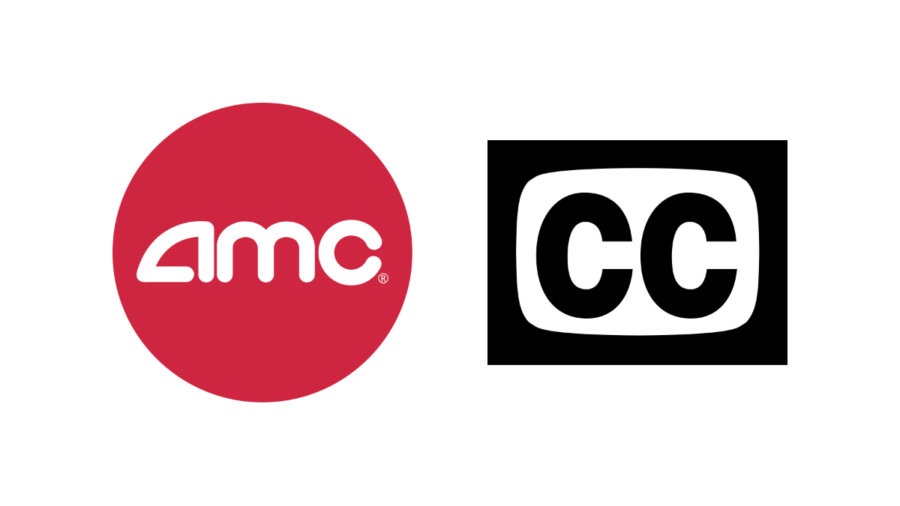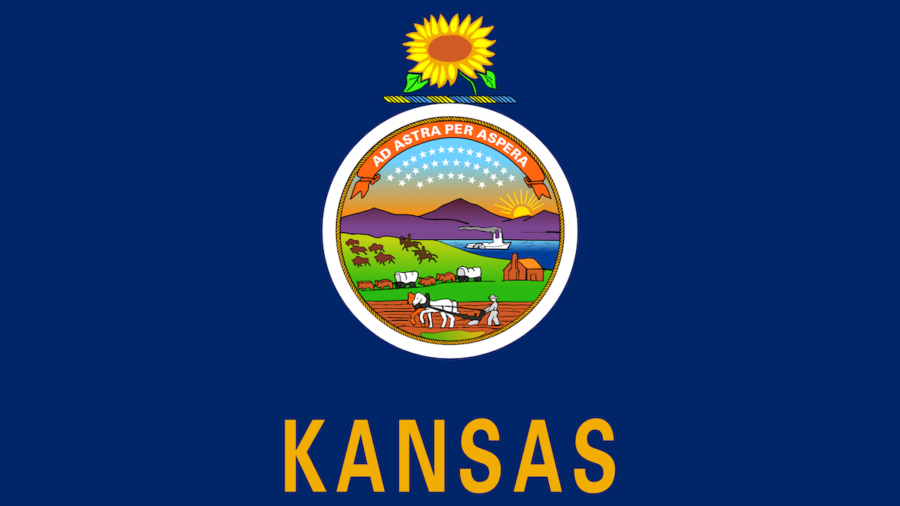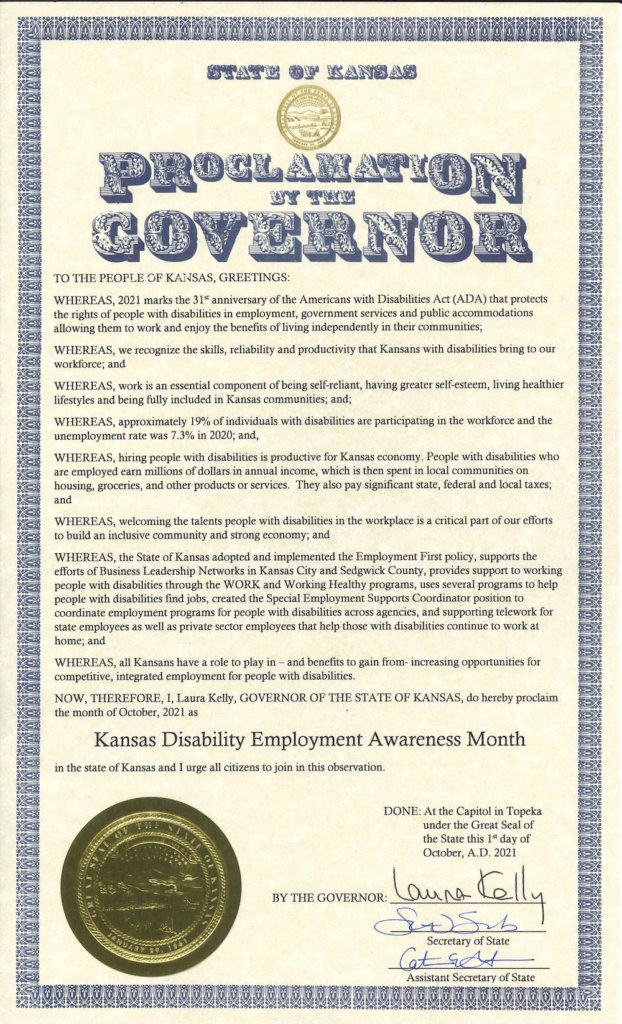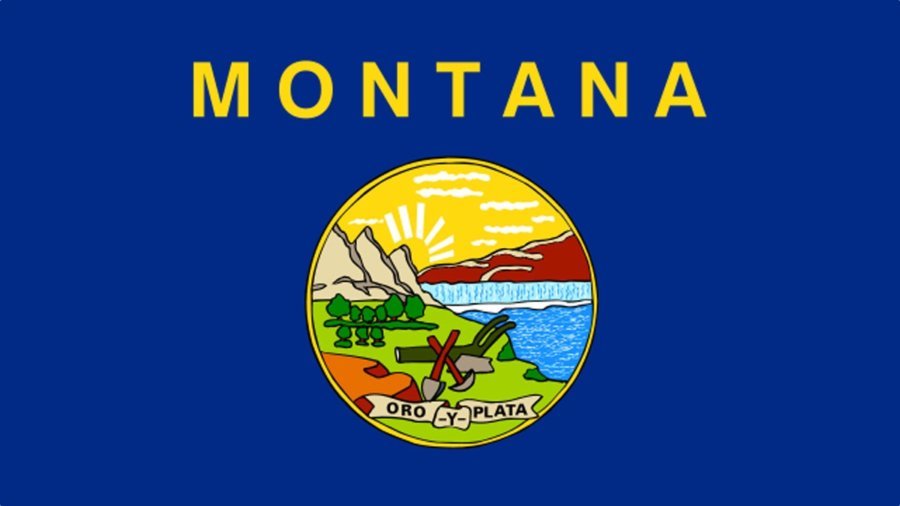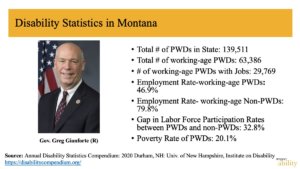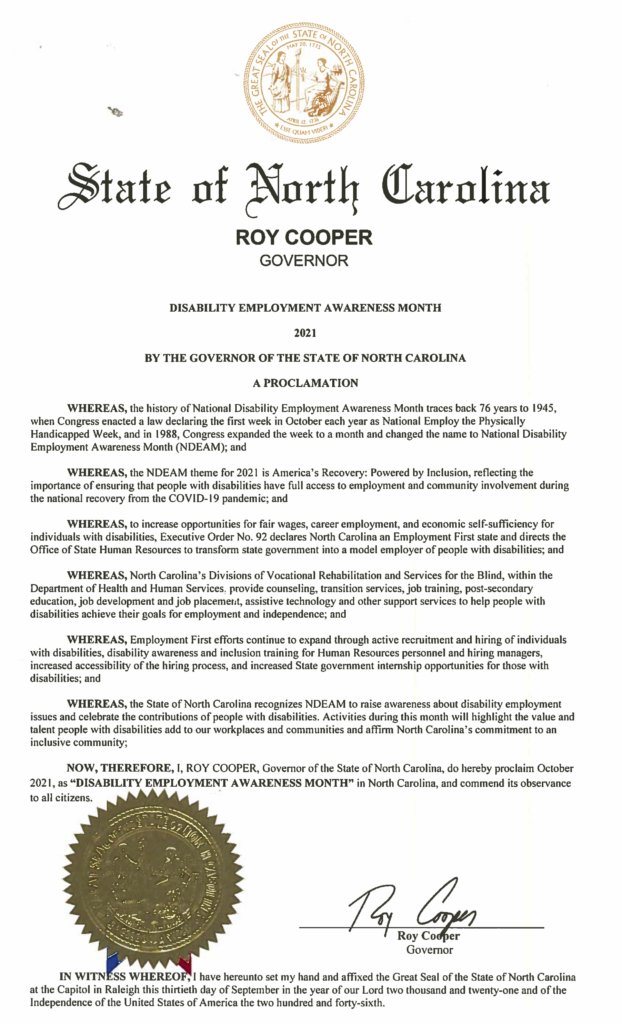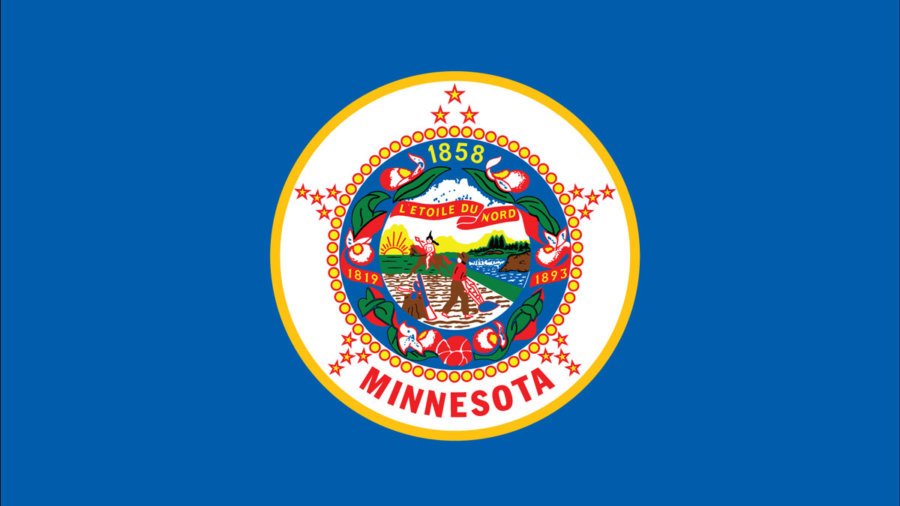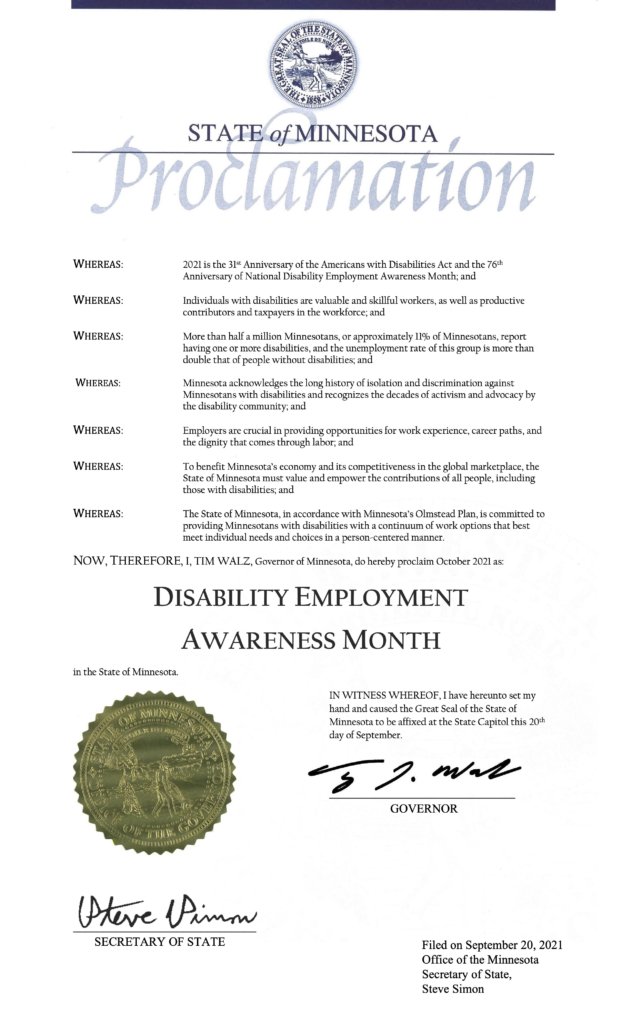 Reno, NV, October 22 – This week, the Governor’s Workforce Development Board (GWDB) met to discuss the status of workforce practices in Nevada. In response to this meeting, RespectAbility, a national, non-partisan nonprofit organization, submitted testimony on how to implement best practices, advocate for greater inclusion and improve the standing of people with disabilities in the workforce.
Reno, NV, October 22 – This week, the Governor’s Workforce Development Board (GWDB) met to discuss the status of workforce practices in Nevada. In response to this meeting, RespectAbility, a national, non-partisan nonprofit organization, submitted testimony on how to implement best practices, advocate for greater inclusion and improve the standing of people with disabilities in the workforce.
“When it was passed with broad, bipartisan support in 2014, the Workforce Innovation and Opportunity Act (WIOA) invested unprecedented resources into efforts to get people with barriers to employment into the labor force,” said Olegario “Ollie” Cantos VII, RespectAbility’s new Chairman. “Now, after the pandemic that has reshaped our economy, it is time to devote significant attention to supporting the economic advancement of students, job-seekers, and entrepreneurs with disabilities.”
There are more than 176,756 working age (18-64) Nevadans living with some form of disability. Before the pandemic, 39.3 percent of the working age population of people with disabilities were employed. It is critical that Governor’s Workforce Development Board (GWDB) listen to the individuals with disabilities and advocates impacted by these unemployment rates. In order to make the workforce more inclusive, and to find practical ways to make the workforce more accessible for the entire population, RespectAbility collects, summarizes, and publicizes ideas on key workforce solutions. To learn more about RespectAbility’s advocacy work, please visit our Policy website.



